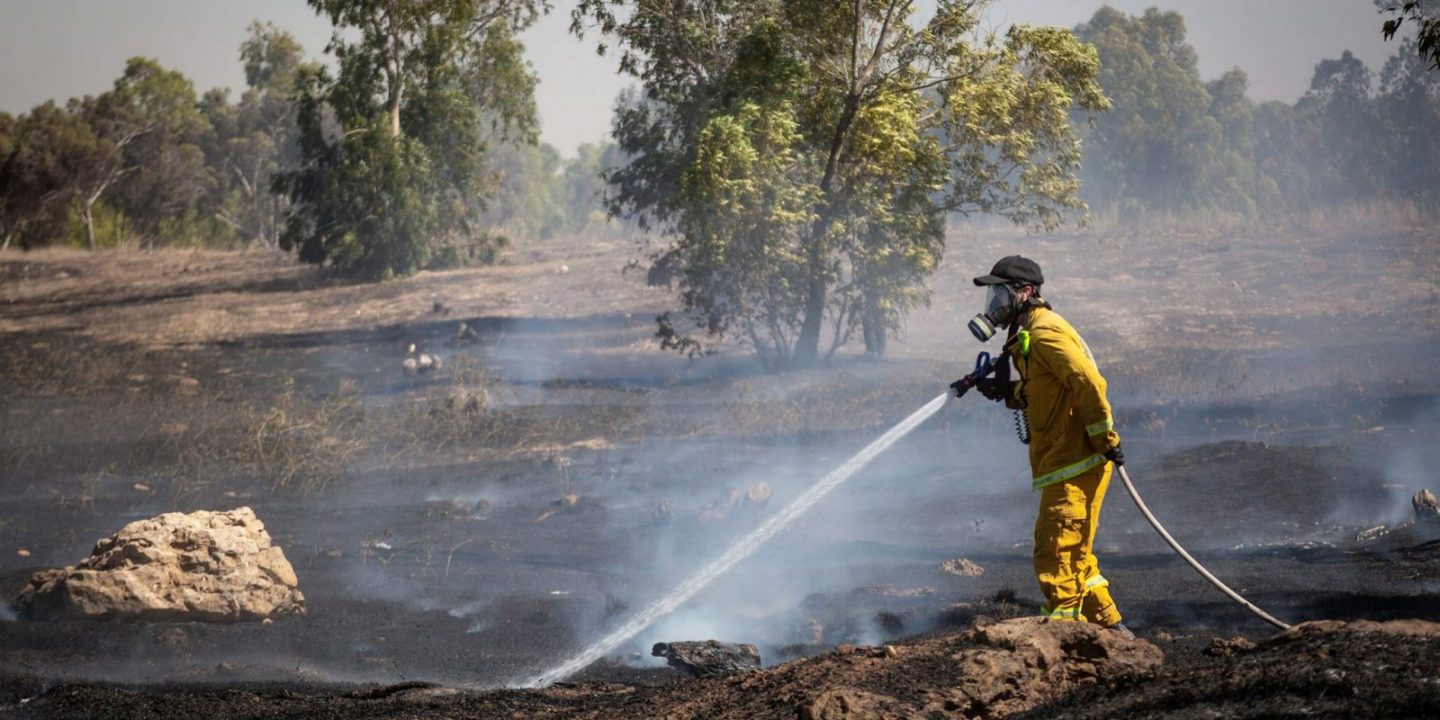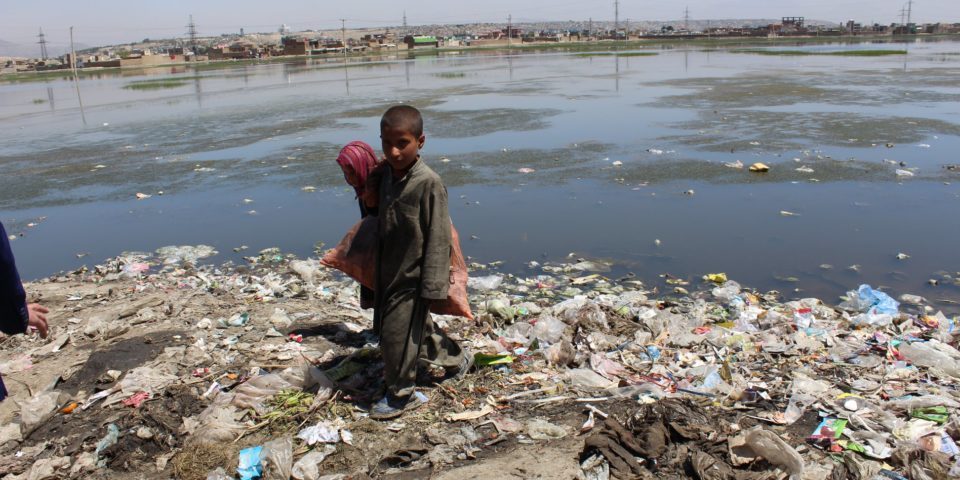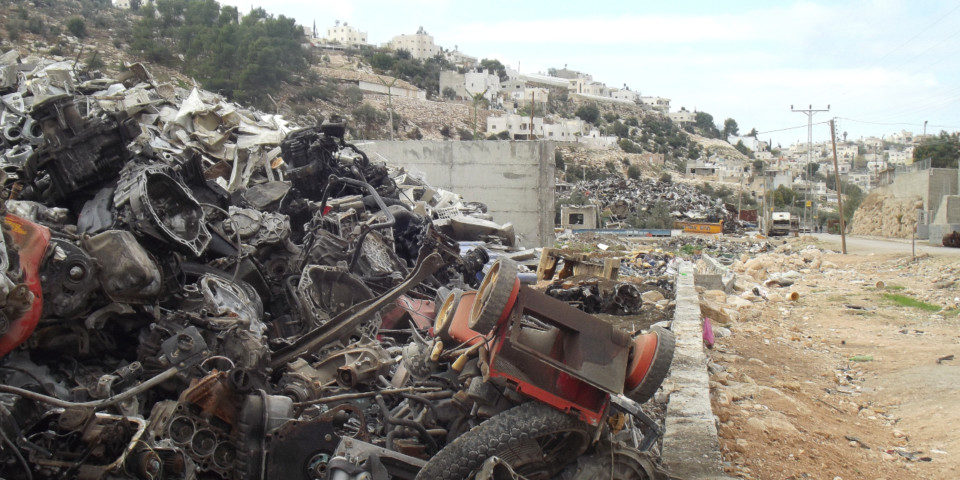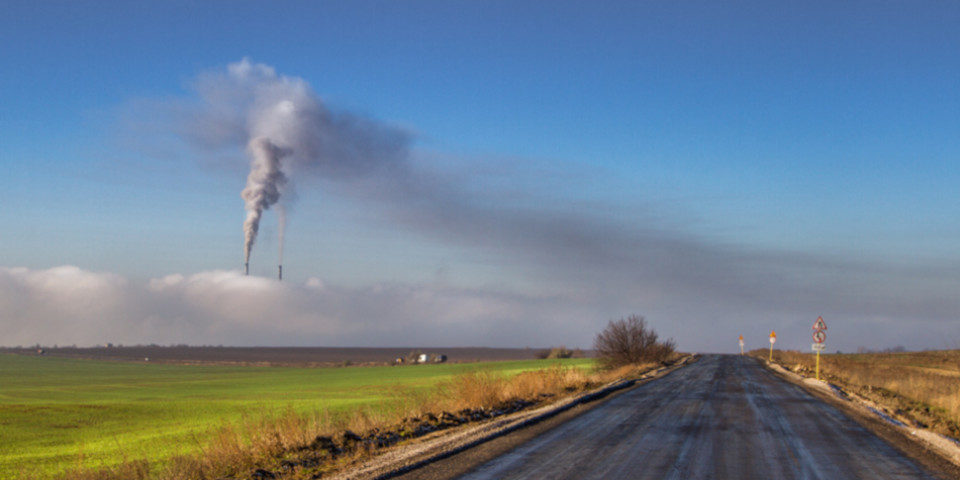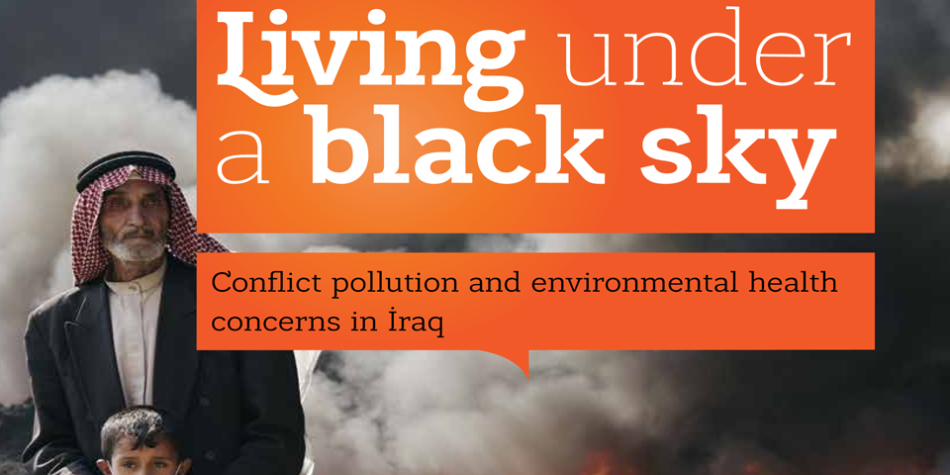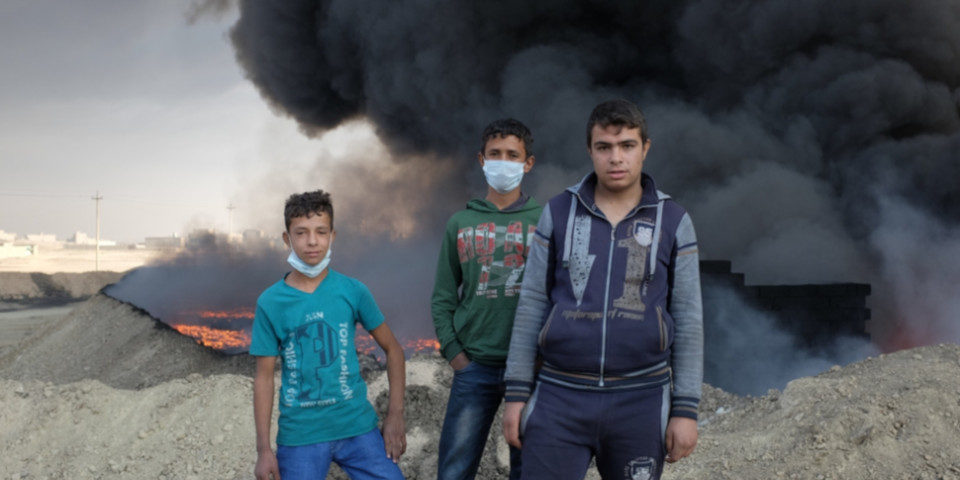Fanning the flames – the environmental impact of Gaza’s incendiary kites
Since March, Palestinian protesters have been launching incendiary kites and balloons over the border into Israel. The ensuing fires have affected agricultural areas and nature reserves, with no end in sight protected areas are the conflicts’s latest environmental casualty.

